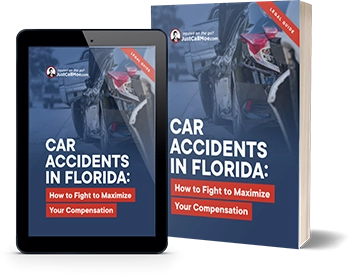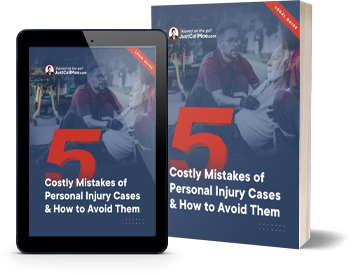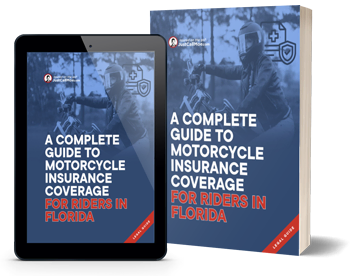A 40-year-old woman apparently lost control of her vehicle and careened into a tree on the side of the road.
The wreck occurred near the intersection of Northwest 49th Avenue and Northwest 100th Street. According to police, the force of the collision partially ejected all three occupants from the vehicle. The driver was declared dead at the scene. Two children were rushed to a nearby hospital with critical injuries. Only one survived.
Investigators state that none of the occupants were wearing a seat belt.
What to Do if the Negligent Driver has Passed?
Frequently, the tortfeasor (negligent driver) does not survive the accident. In these situations, an Orlando car accident lawyer can still obtain compensation for victims. Because the procedure is a bit different, victim/plaintiffs have an even better chance of obtaining fair compensation.
Typically, a local probate court has jurisdiction over these matters. A personal injury damages claim is much like any other unpaid debt claim. So, an attorney negotiates with the deceased tortfeasor’s estate administrator to resolve the claim. Since most administrations want to wrap up these matters as quickly as possible, they are highly motivated to make favorable deals.
Other times, a general civil court retains jurisdiction. However, since the tortfeasor is unavailable, the insurance company’s defense is compromised. True, there is the police report and perhaps some partial witness statements. But the reporting officer was not at the scene, and witnesses usually only saw part of the crash. So, insurance company lawyers only have a few pieces of the jigsaw puzzle.
On a related note, if the victim does not survive, things are a bit different as well. Generally, survivors are able to recover pecuniary losses, such as:
- Medical bills related to the decedent’s final injury or illness,
- Funeral and burial expenses,
- Future lost wages, and
- Decedent’s pain and suffering.
To ascertain a fair amount of future lost wages, especially if the victim was a child, an attorney usually partners with an accountant.
Survivors might be entitled to additional compensation for their own grief and suffering, under a theory like negligent infliction of emotional distress.
The Seat Belt Defense
Most states, including Florida, have mandatory seat belt laws. But most states do not allow insurance companies to use evidence of seat belt non-use to reduce or deny compensation. Florida is one of the rare exceptions. The seat belt defense is legal in the Sunshine State, but there are some strings attached.
The insurance company has the burden of proof, and the burden of persuasion, in these matters. First, lawyers must convince the judge that the defense applies. Then, lawyers must convince jurors that the victim’s failure to wear a seat belt, as opposed to the tortfeasor’s negligence, substantially caused the victim’s injuries.
If the jury sides with the insurance company, jurors must divide fault between the victim and tortfeasor on a percentage basis. Florida is a pure comparative fault state. So, even if the victim was 99 percent responsible for the injuries, the tortfeasor is liable for a proportionate share of damages.
Most car crash claims are procedurally complex. For a free consultation with an experienced personal injury attorney in Orlando, reach out to JustCallMoe. We do not charge upfront legal fees in these cases.

 (866) 225-5663
(866) 225-5663




 100% Secure and Confidential
100% Secure and Confidential